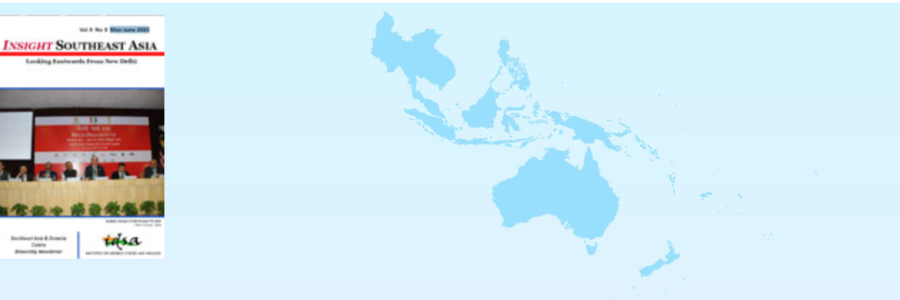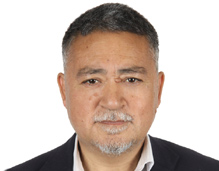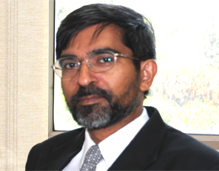The Rohingyas: Security Implications for ASEAN and Beyond
In the last two months, the large-scale exodus of Rohingyas towards the coastlines of Thailand, Indonesia and Malaysia has been a concern not only for the region but also for the international community.
- Sampa Kundu
- May 29, 2015













